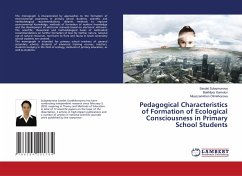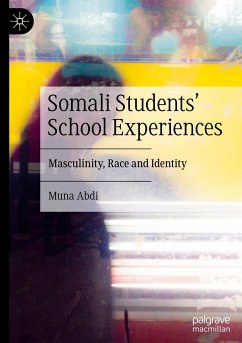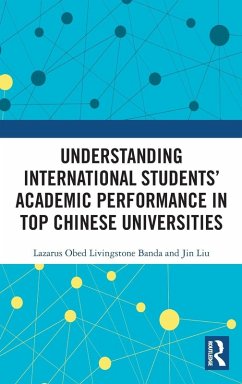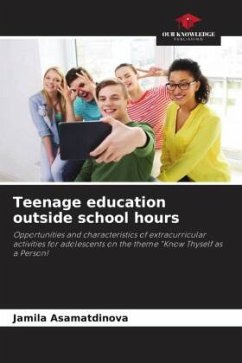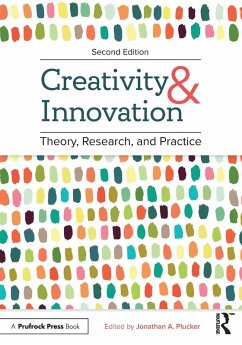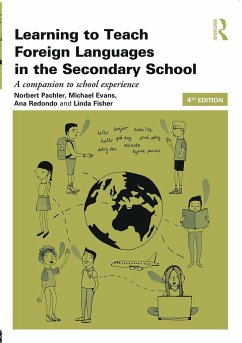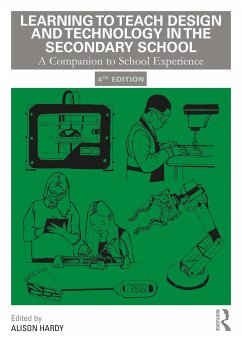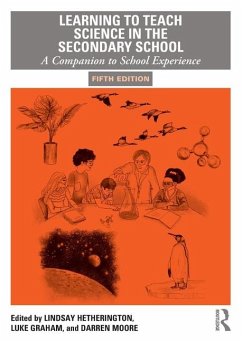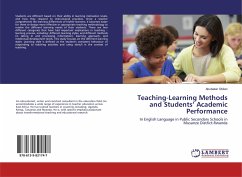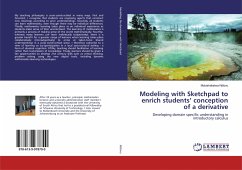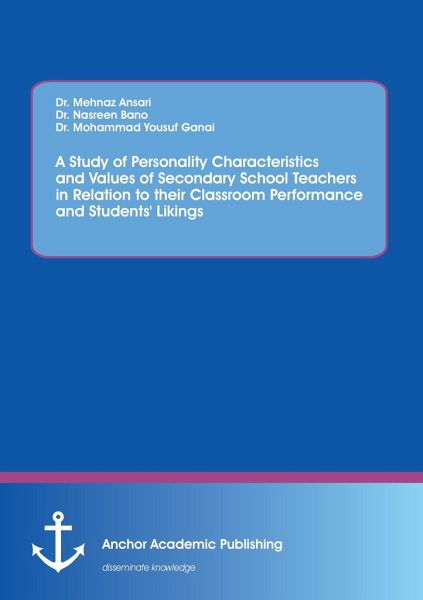
A Study of Personality Characteristics and Values of Secondary School Teachers in Relation to their Classroom Performance and Students' Likings

PAYBACK Punkte
0 °P sammeln!
Teachers are called nation builders in every country and in every society. The role of teachers is of great importance. It is left to the teachers to inculcate personality characteristics, right values - the values of good citizenship producing law abiding and nation loving citizens.India has made considerable progress in school education since independence with reference to overall literacy, infrastructure and universal access and enrolment in schools. Two major developments in the recent years form the background to the present reform in teacher education - the political recognition of Unive...
Teachers are called nation builders in every country and in every society. The role of teachers is of great importance. It is left to the teachers to inculcate personality characteristics, right values - the values of good citizenship producing law abiding and nation loving citizens.
India has made considerable progress in school education since independence with reference to overall literacy, infrastructure and universal access and enrolment in schools. Two major developments in the recent years form the background to the present reform in teacher education - the political recognition of Universalization of Elementary Education (UEE) as a legitimate demand and the state commitment towards UEE in the form of the Right of Children to Free and Compulsory Education Act, 2009. The country has to address the need of supplying well qualified and professionally trained teachers in larger numbers in the coming years. At the same time, the demand for quality secondary education is steadily increasing. It is recommended that the aim should be to reach universal secondary education within a maximum of ten years. Given the problems of inadequate quality in most secondary schools due to poor infrastructure and insufficient and poorly equipped teachers, the need for addressing the professional education of secondary teachers acquires great importance.
The education of teachers should be such that teachers should set an example and provide for their pupils the ideal of the citizens who is conformist, conservative and cautions. As for their moral character, righteousness, wisdom, honesty are among the adjectives which might be ascribed to them. Teachers should assist the students in their physical, intellectual, religious, social, emotional, spiritual development in the well balanced and harmonious manner and imbue them with human values, which is why teacher education today is an integral part of any educational system.
In this study, personality traits of teachers will be analyzed in conjunction with their teaching effectiveness, in order to reach a better understanding of what makes a good teacher, and how to educate him to satisfy the rising demand of the Indian society.
India has made considerable progress in school education since independence with reference to overall literacy, infrastructure and universal access and enrolment in schools. Two major developments in the recent years form the background to the present reform in teacher education - the political recognition of Universalization of Elementary Education (UEE) as a legitimate demand and the state commitment towards UEE in the form of the Right of Children to Free and Compulsory Education Act, 2009. The country has to address the need of supplying well qualified and professionally trained teachers in larger numbers in the coming years. At the same time, the demand for quality secondary education is steadily increasing. It is recommended that the aim should be to reach universal secondary education within a maximum of ten years. Given the problems of inadequate quality in most secondary schools due to poor infrastructure and insufficient and poorly equipped teachers, the need for addressing the professional education of secondary teachers acquires great importance.
The education of teachers should be such that teachers should set an example and provide for their pupils the ideal of the citizens who is conformist, conservative and cautions. As for their moral character, righteousness, wisdom, honesty are among the adjectives which might be ascribed to them. Teachers should assist the students in their physical, intellectual, religious, social, emotional, spiritual development in the well balanced and harmonious manner and imbue them with human values, which is why teacher education today is an integral part of any educational system.
In this study, personality traits of teachers will be analyzed in conjunction with their teaching effectiveness, in order to reach a better understanding of what makes a good teacher, and how to educate him to satisfy the rising demand of the Indian society.




